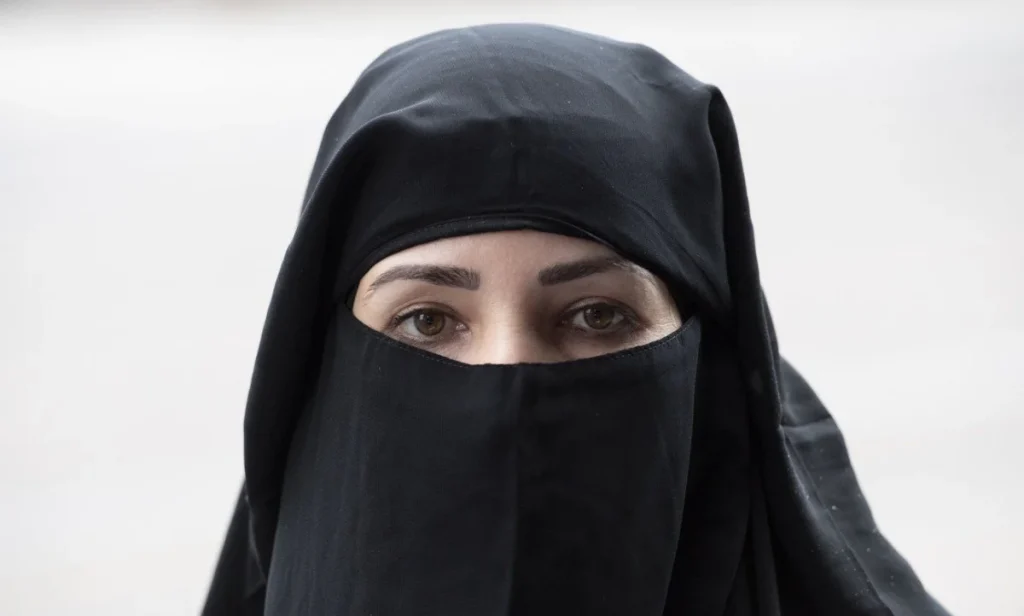A controversial ban on facial coverings in public spaces, widely referred to as the “burqa ban,” officially came into effect in Switzerland on Wednesday, January 1. Violators of the law face fines of up to 1,000 Swiss francs ($1,144).
Here’s what the law entails and why it was introduced:
Background on the Ban
The decision to prohibit face coverings in public, including the burqa and niqab commonly worn by some Muslim women, was narrowly approved by Swiss voters in a 2021 referendum. The measure passed with 51.2% of the vote against 48.8%, reflecting a deeply divided public opinion.
Switzerland’s direct democracy system allows citizens to vote on a range of national and regional issues. The proposal to ban face coverings was introduced by the right-wing Swiss People’s Party (SVP) under slogans such as “Stop extremism.” Although the measure also targeted masked street protesters, it was widely viewed as a “burqa ban.”
The Swiss government opposed the ban, arguing that it was not the state’s role to dictate women’s clothing choices. Critics, including human rights organisations like Amnesty International, have labelled the law “a dangerous policy that violates women’s rights, including freedom of expression and religion.”

Who Does the Ban Affect?
According to research by the University of Lucerne, almost no one in Switzerland wears a burqa, and only around 30 women wear the niqab. Switzerland’s Muslim population makes up about 5% of the total 8.6 million people, with most originating from Turkey, Bosnia, and Kosovo.
Despite the ban’s broad framing, it disproportionately affects Muslim women, sparking criticism from both the Muslim community and international rights groups. Amnesty International called the measure discriminatory and harmful to women’s rights.
Legislative Journey and Implementation
After the 2021 referendum, the Swiss Parliament formally passed the legislation in September 2023. The government announced in November 2024 that the law would take effect on January 1, 2025.
What Does the Ban Cover?
The prohibition applies to covering the nose, mouth, and eyes in public spaces and private buildings accessible to the public. However, several exceptions are in place:
- Exemptions for Certain Locations: The ban does not apply on planes, in diplomatic or consular premises, or in places of worship and other sacred sites.
- Health, Safety, and Cultural Reasons: Facial coverings remain allowed for health and safety purposes, native customs, weather conditions, artistic performances, entertainment, and advertising.
- Freedom of Expression and Assembly: Coverings are permitted for personal protection during public demonstrations, provided prior approval is granted by authorities and public order is not at risk.
As the law takes effect, debates over its fairness and implications for personal freedoms continue both within Switzerland and internationally.

